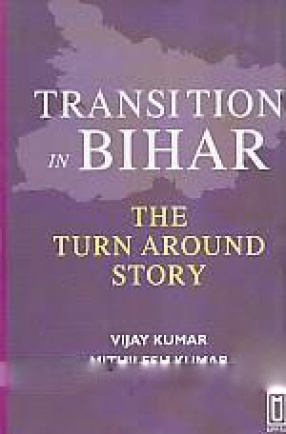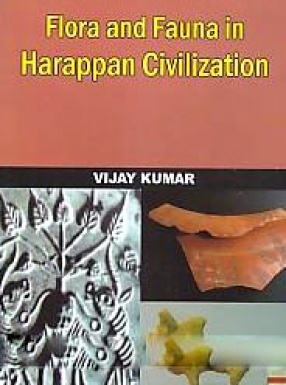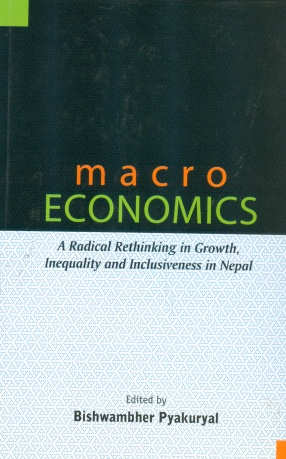Democracy without citizen deliberation and participation is ultimately an empty and meaningless concept. The understanding of politics, and many people’s desire to supplement the representation they receive via elected politicians, is often the starting point for a growing number of experiments and initiatives that create new space for citizens to directly influence decisions affecting their lives. In the 1990s such deliberative and inclusionary processes (DIPs) were increasingly applied to the formulation of a wide range of policies in countries of both the North and South. This work provides an overview of participatory methods and approaches that seek to enhance deliberative democracy and citizen empowerment. Around the world, a growing crisis of legitimacy characterizes the relationship between citizens and the institutions that affect their lives. In both North and South, citizens speak of mounting disillusionment with government, based on concerns about corruption, lack of responsiveness to the needs of the poor and the absence of a sense of connection with elected representative and bureaucrats. As traditional forms of political representation are being re-examined, direct democratic mechanisms are increasingly being drawn upon to enable citizens to play a more active part in decisions which affect their lives. Repositioning participation to embrace concerns with inclusive citizenship and rights, the authors examine a range of contemporary participatory mechanisms and strategies that seek to bridge the gap between citizens and the state. However, the present book through lights on the above issues and its is hoped it will useful for all those dealing with the subject.
Encyclopaedia of Rural Development Participatory Human Management (In 2 Volumes)
In stock
Free & Quick Delivery Worldwide
reviews
Bibliographic information
Title
Encyclopaedia of Rural Development Participatory Human Management (In 2 Volumes)
Author
Edition
1st ed.
Publisher
ISBN
8126137602
Length
xvi+618p.
Subjects








There are no reviews yet.